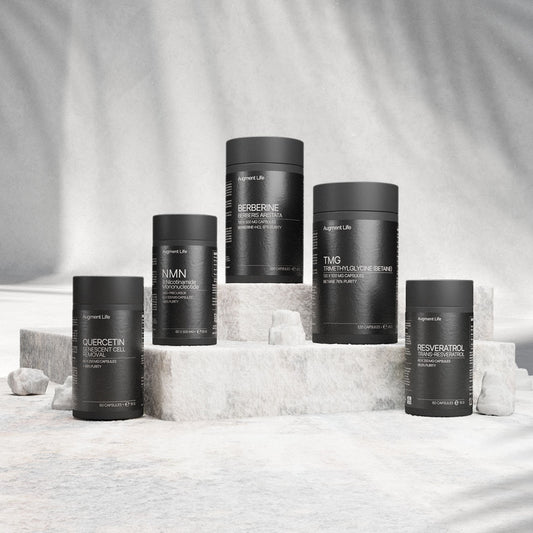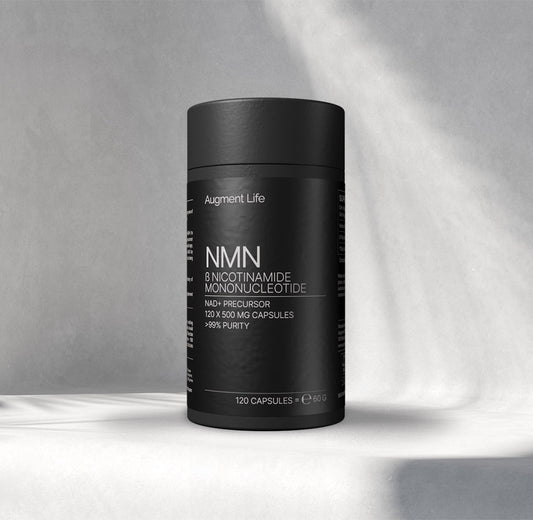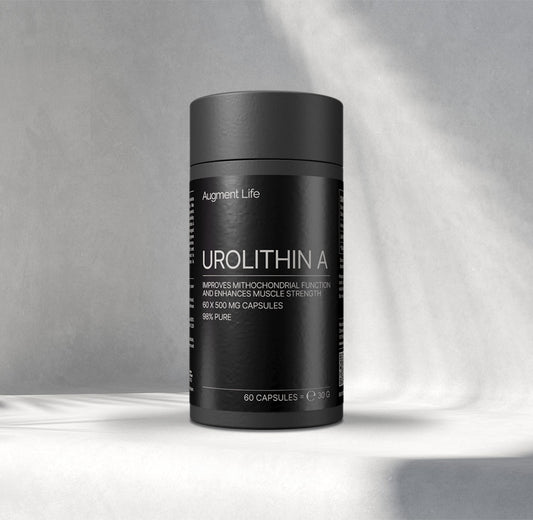
The Journey to Find an Omega 3 Fatty Acid Supplement That Works
Thomas HillardOmega 3 fatty acids (O3FA) have been a focus of the health and nutrition science and medicine communities for decades. Yet, they are also one the most complicated nutrients there is. Why are they so hard to fit into our diet? Is eating fish the easiest way to cross off this checkbox? Rumors of rancid oils being used in the fish oil supplements themselves had me recoiling. For a while I was excited about algae based O3FAs but some efficacy studies seemed to debunk the bioavailability of those. And then just when I was ready to commit to eating a few hundred grams of salmon every week, I noticed that nearly all the salmon in my markets and grocery stores was farm-raised and known to contain many more omega 6 fatty acids instead of the omega 3’s. Mostly because farm raised salmon don’t eat all the great stuff wild salmon can veg on while making their amazing journey’s across oceans and rivers. Let’s not even get into what poisons could be in the food chain of the wild salmon.
Many supplement companies carry omega 3 fatty acid supplements, as they should. And yet, with all the above points, I’ve been very hesitant. For one, usually most O3FA supplements seem to have such low EPA and DHA levels that one would need to take 4-8 capsules per day just to get the mandatory amount. This assumes the ingredients are good and the bioavailability is also. For the last couple of years I resolved to just grind up flax seeds and hope that the ALAs can make their inefficient yet less risky and dubious process of becoming DHAs and EPAs. As Dr. Michael Gregor of NutritionFacts.org proposes.
It's clear that O3FAs are important for longevity, so I decided to ask one of our researchers, Dexter Puckett PhD to run through the gambit of options, rumors, issues, and studies to help us untangle the reality. And hopefully, we’ll have a basis from his work to find a Omega 3 supplement that is safe and effective that doesn’t add a dozen capsules to our daily supplement routine. Dexter's article drops next week. Look out for it, hopefully you too will be able to make some safe and final decisions about how you will get omega 3s.











